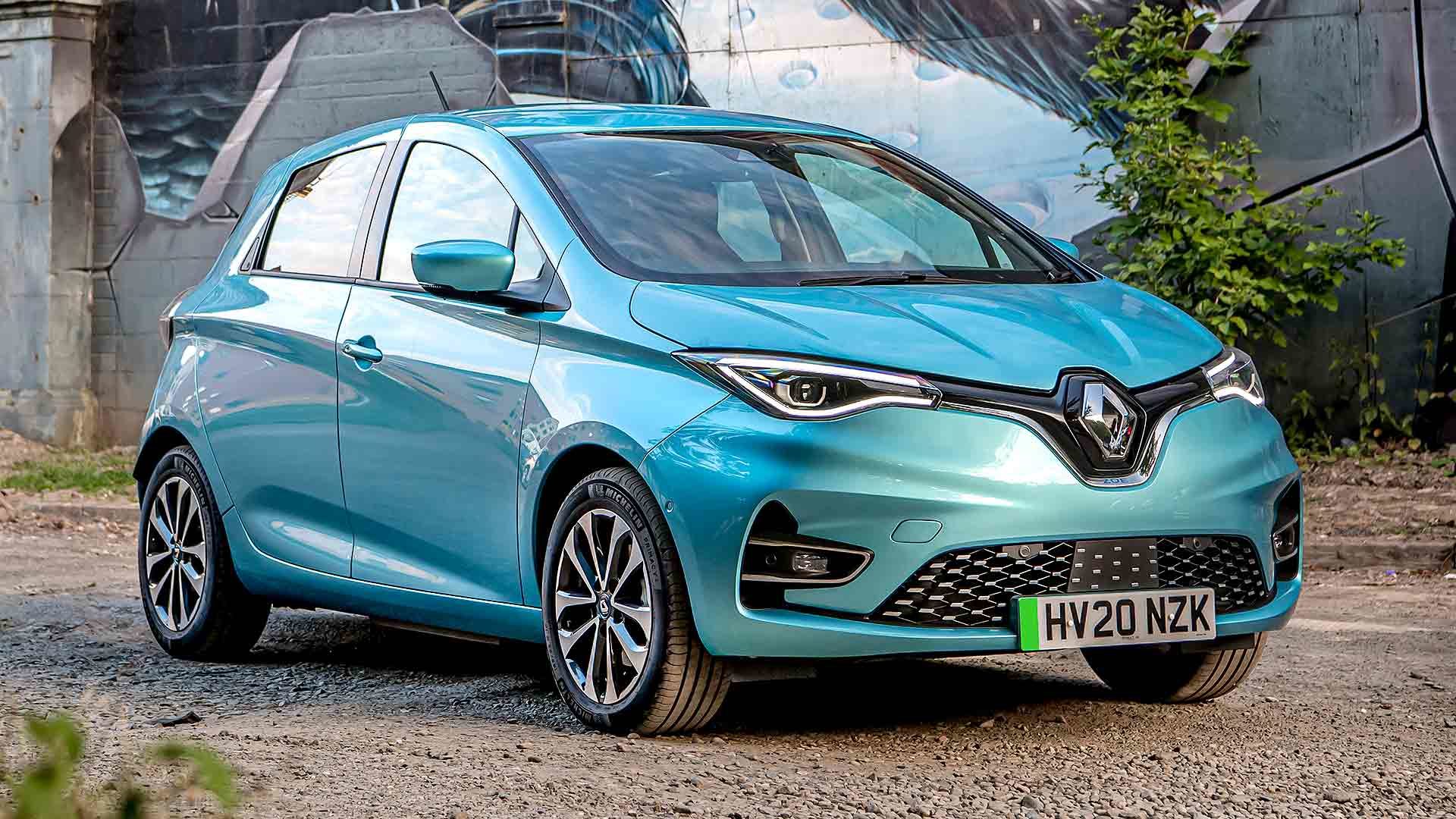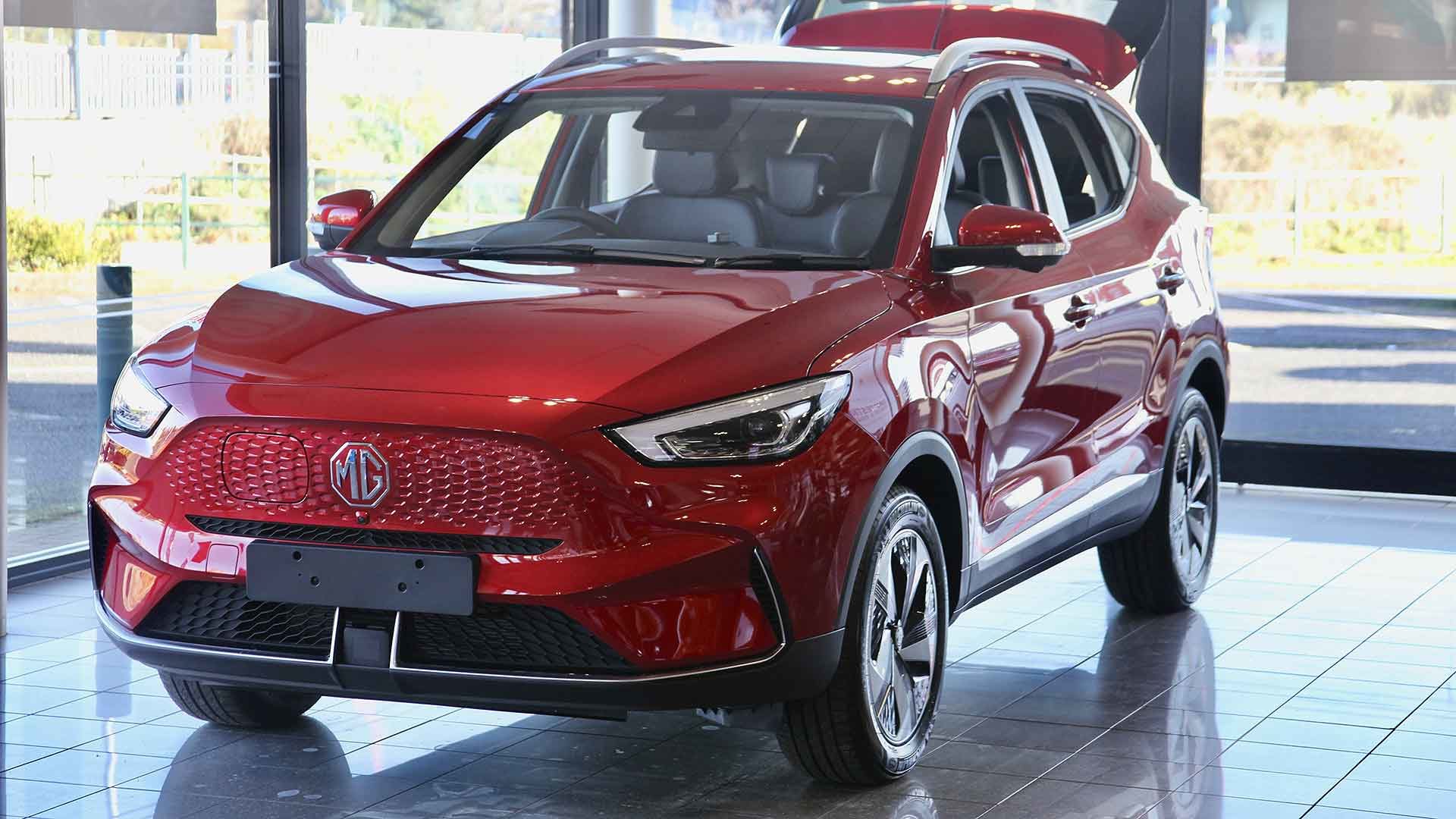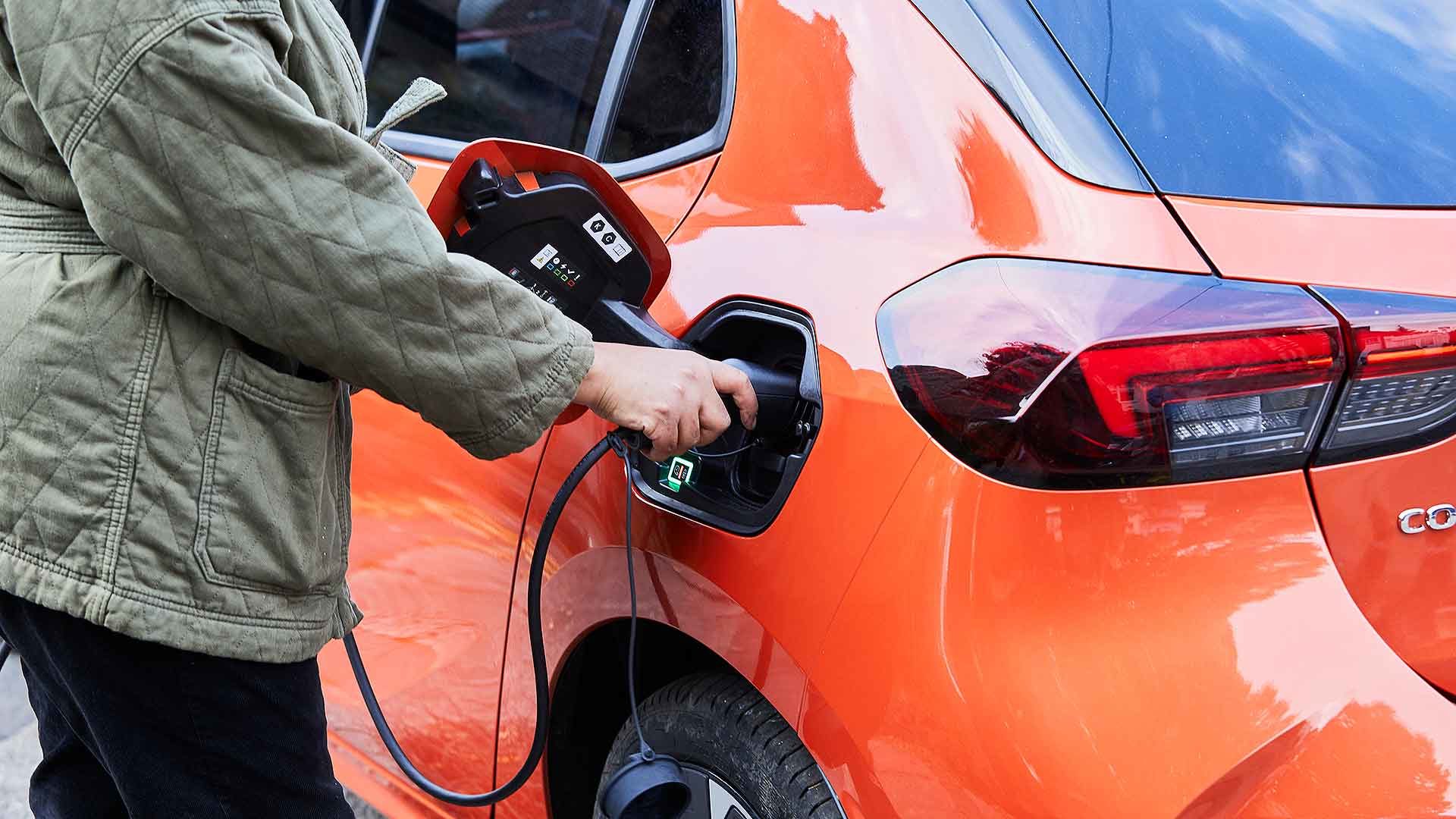
The Plug-in Car Grant to help make electric cars more affordable has been cut by further £1,000 in a surprise announcement that will infuriate electric car buyers and manufacturers alike.
Previously £2,500, the Plug-in Car Grant is now just £1,500 as of 7am today (15 December 2021).
What’s more, the qualifying maximum price of an electric car has been reduced, from under £35,000 down to less than £32,000.
Both cuts are effective immediately.
The government argues that its approach to Plug-in Car Grant cuts “is clearly working – whilst the grant has slowly reduced over time, the sales of electric vehicles has soared”.
Transport minister Trudy Harrison said the government is “refocusing our vehicle grants on the most affordable vehicles and reducing grant rates to allow more people to benefit, and enable taxpayers’ money to go further”.

Any motorists who placed orders between 8 December and 14 December will still qualify for the old £2,500 grant, on cars costing up to £35,000.
The Plug-in Van Grant has also dropped, to £2,500 for vans under 2.5 tonnes and £5,000 for vans between 2.5 tonnes and 5.0 tonnes.
The Plug-in Car Grant was previously cut in March 2021, from £3,000 to £2,500.
A larger reduction in the maximum qualifying price of vehicles, from £50,000 to £35,000 was also announced – and immediately criticised by car manufacturers.
At the time, the government argued the changes were made to ensure the funding lasts longer.
With the recent acceleration in electric car sales – last month, they comprised almost 1 in 5 new car sales – it is likely to make the same arguments again.
‘Counterintuitive’ and ‘disappointing’
RAC head of roads policy Nicholas Lyes said “this disappointing cut means that only around 20 EV models are now eligible for the grant, which doesn’t leave a great deal of choice for consumers.
He pointed to research that showed motorists already feel that new electric cars are too expensive. “This has to be seen as a step in the wrong direction.
“We’re concerned the government has taken this step too soon.”
AA president Edmund King said that reducing the Plug-in Car Grant incentive is “counterintuitive”.
Many motorists are not in a position to consider electric cars “so reducing the grant and the number of vehicles will be a disappointment for many.”
He added the AA still believes the most effective method of encouraging mass EV adoption is to scrap the VAT – “a policy we have called for since 2020”.

Auto industry trade body the SMMT called the move “a blow to customers” and said it “couldn’t come at a worse, time, with inflation at a ten-year high and pandemic-related economic uncertainty looming large”.
Rather than cutting grants, the UK should be doubling down on them, just as other markets across Europe are doing so.
“UK drivers risk being left behind on the transition to zero-emission motoring.”
Leading online marketplace Auto Trader said it too was disappointed. “The incentives available to British motorists are already miles behind our European counterparts – where adoption levels are far higher,” said commercial director Ian Plummer.
He explained that new EVs typically carry a 25 percent premium to petrol or diesel equivalents, “which means they remain the preserve of the wealthy.
“In order for the government to hit its ambitious 2030 target, they need to support he mass adoption of EVS… which will only happen with the right monetary incentives in place.”
ALSO READ
Electric Vauxhall Corsa-e and Mokka-e get EV range boost
Save up to £300 by switching car insurance at the right time